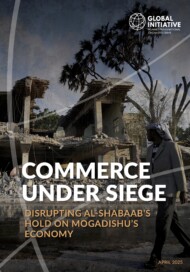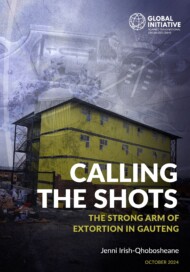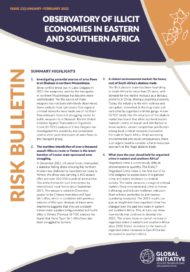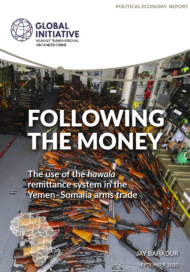Posted on 24 Apr 2025
The militant Islamist group al-Shabaab has long remained influential in Mogadishu through its sophisticated extortion system, which demands zakat payments —forced charitable tax— and levies on trade and real estate transactions. The group reportedly generates over US$100 million annually, with an estimated one-third of its revenue derived from Mogadishu alone.
This report documents how the return of President Hassan Sheikh Mohamud in 2022 prompted a renewed government campaign against the group, combining military, ideological, and financial strategies. Early gains were seen, including the freezing of bank accounts and closure of mobile money channels. However, both military and financial offensives stalled by mid-2023. Business owners who had briefly stopped paying al-Shabaab soon resumed under renewed threats.
The findings reveal that al-Shabaab’s intelligence network infiltrates key economic sectors. Notaries, port officials, and real estate intermediaries often provide detailed transaction data, enabling the group to calculate taxes and enforce payments. In some cases, al-Shabaab has even invested directly in Mogadishu’s businesses and real estate, either through coerced or voluntary arrangements.
The group’s influence is not limited to taxation. A wave of violent attacks, particularly after government-mandated CCTV installation in businesses, underscores the risks faced by those who comply with federal directives.
The report highlights urgent gaps in anti-money laundering (AML) and countering the financing of terrorism (CFT) enforcement. While Somalia introduced its first domestic sanctions list in 2024, poor compliance and lack of institutional capacity continue to hinder impact.
Recommendations include enhanced AML/CFT training for non-financial sectors, incentives for compliance, biometric ID enrolment, and smarter sanctions enforcement through international collaboration.




